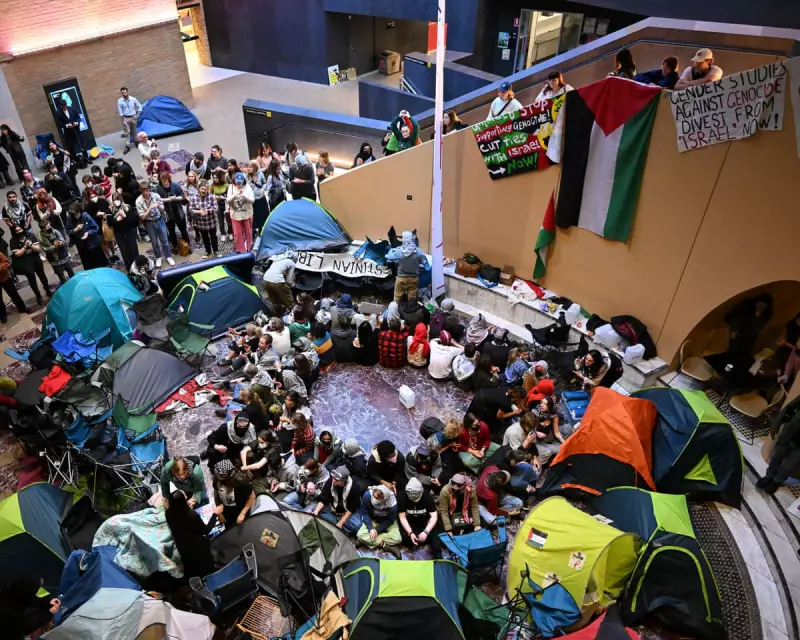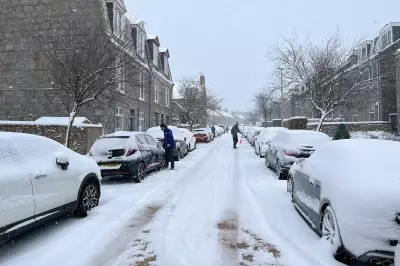
The University of Melbourne stands accused of conducting covert surveillance operations against its own students involved in pro-Palestine protests, in a scandal that strikes at the heart of academic freedom and privacy rights on campus.
Internal documents, obtained by The Guardian, reveal how university security personnel closely monitored and documented the activities of student activists participating in peaceful demonstrations against the war in Gaza. The surveillance operation included detailed reporting on protest movements, participant numbers, and organisational tactics.
Secret Monitoring Operation
According to the leaked documents, campus security teams compiled extensive reports on the "Students for Palestine" encampment that occupied university grounds for several weeks. The monitoring included:
- Daily logs of protest activities and participant numbers
- Documentation of organisational meetings and strategy sessions
- Photographic evidence of protest materials and banners
- Detailed accounts of interactions between protesters and university staff
The surveillance operation was reportedly justified under the university's "occupancy policy," but critics argue it represents a concerning overreach into legitimate political expression.
University's Defence
In a statement, the University of Melbourne defended its actions as necessary for campus safety and operational management. A spokesperson stated: "The university has a responsibility to ensure the safety and security of all students and staff while maintaining normal university operations."
However, the institution acknowledged that aspects of the surveillance "may have been perceived as intrusive" and has committed to reviewing its protocols regarding student protests and political activities on campus.
Academic Freedom Under Threat
The revelations have sparked outrage among academic staff and civil liberties organisations. The National Tertiary Education Union has condemned the surveillance as "a direct attack on academic freedom and the right to political expression."
Dr. Sarah Thompson, a senior lecturer in political science, told The Guardian: "Universities should be bastions of free speech and critical thinking, not environments where students feel watched and monitored for engaging in legitimate political protest."
Broader Implications
This case raises significant questions about the balance between campus security and student rights across Australian universities. Similar pro-Palestine protests have occurred at institutions nationwide, with varying university responses.
The scandal comes amid growing concerns about the suppression of political speech on university campuses, particularly regarding the conflict in Gaza. Student groups have reported increasing pressure and scrutiny from university administrations when organising Palestine-related events.
The University of Melbourne has announced an internal review of its surveillance practices, but for many students and staff, the damage to trust and academic freedom may already be done.





